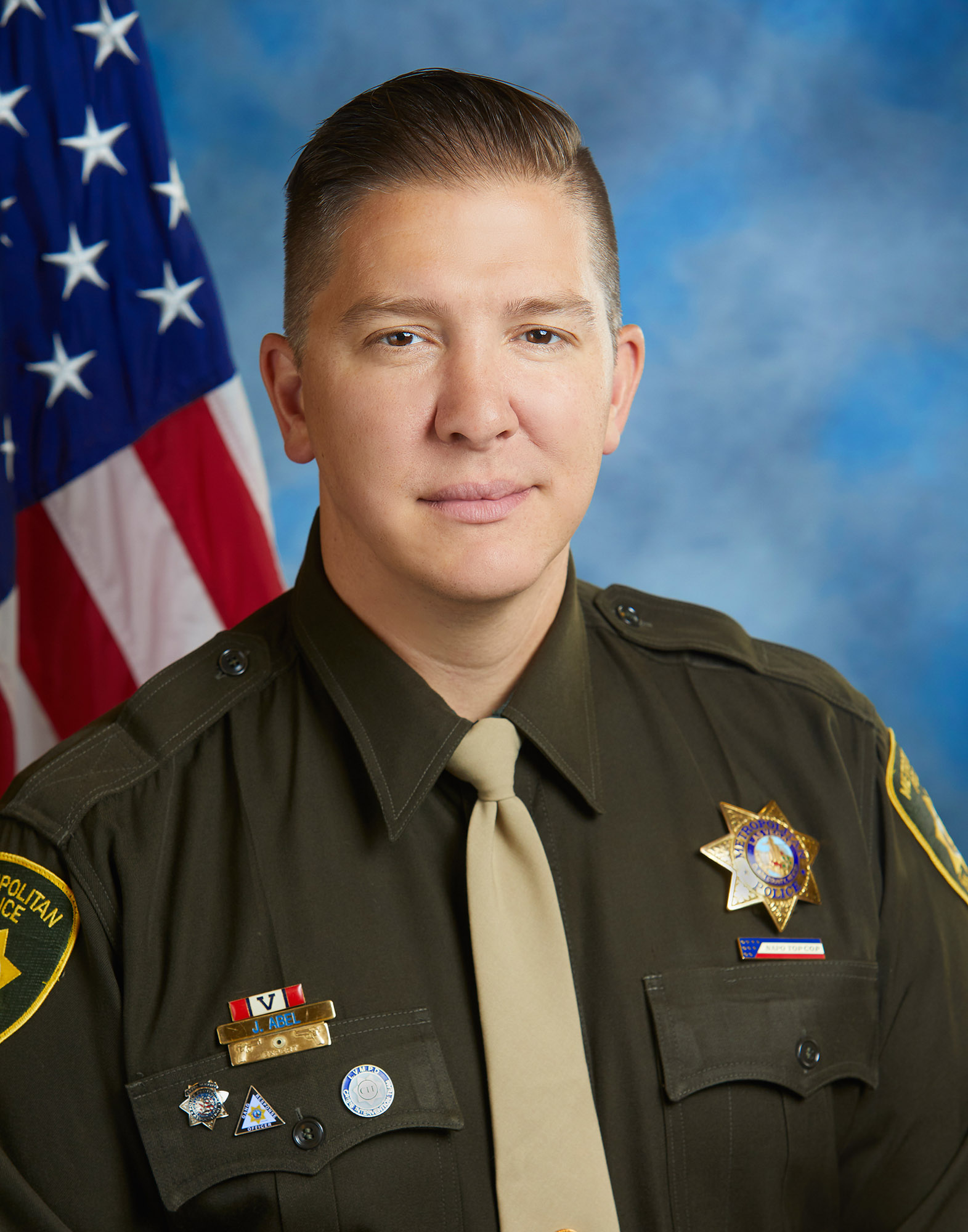
Director of Governmental Affairs
In many ways, social media has been a societal game-changer in the 21st century. Most people spend hours a day scrolling and posting across the many platforms, catching up with friends and keeping informed on current events. For law enforcement officers, if not handled properly, social media can land them in the crosshairs of their police department and, in some cases, the federal government.
We recently found out that the private messages you send on social media platforms are being monitored by teams of analysts whose sole purpose is to track key phrases and words that they see as problematic. If they find out that these messages belong to a law enforcement officer, your entire social media account will be scrutinized and its contents sent to the Department of Justice for potential charges, and at the very least to your own police department for an internal investigation. These “private” messages you think are not for public consumption have now placed you on modified duty, or worse, administrative leave, worried if you will lose your job that you have fought so hard to protect.
Law enforcement officers are held to a much higher standard than the average citizen, and people who work at numerous social media companies have no problem trying to get you fired for comments, posts or private messages that they find problematic. Social media companies do not hire conservative citizens that identify with the plight of the average cop. They hire people who, in my opinion, are young adults with zero life experience who personify the average social justice warrior. I need you to remember that before you hit “send” on anything you post on any social media platform, because it could cause some unintended blowback that will cause you months of worry and stress.
Now that I have beaten that point to death, let’s discuss some of the information that gets posted on social media pages that involve venting about our own police department. I know it is cathartic to blow off steam on a social media page that hundreds, if not thousands, of our fellow officers look at daily, but that can also have negative consequences. To begin with, much of the information is gossip that is full of half-truths, yet police officers take it as legitimate information and run with it. It has the ability to negatively affect morale and how they do their job, and much of it isn’t true! I have said for years that the cop rumor mill is notoriously bad, and now, with social media, it’s bad rumors on steroids.
Also, if you find yourself snapping a picture of a fellow officer while at work, only to post it and shame them on social media…full stop! We get enough negative scrutiny from citizens, so we do not need to shame our own for social media comments, clicks and likes. Lastly, I have seen the negative comments about the LVPPA on social media as well, and as an officer who works at the LVPPA, it makes me laugh because any officer who knows me also knows they can call me about anything, even if it’s to confirm information in the cop rumor mill — and if I don’t have an answer, I can definitely get an accurate one.
To reiterate, social media can be a good tool if used properly, but it can also get you in a jam where you must fight to keep your job, so use it wisely. If you have any questions or concerns, please contact me at jabel@lvppa.com or (702) 468-0766.

